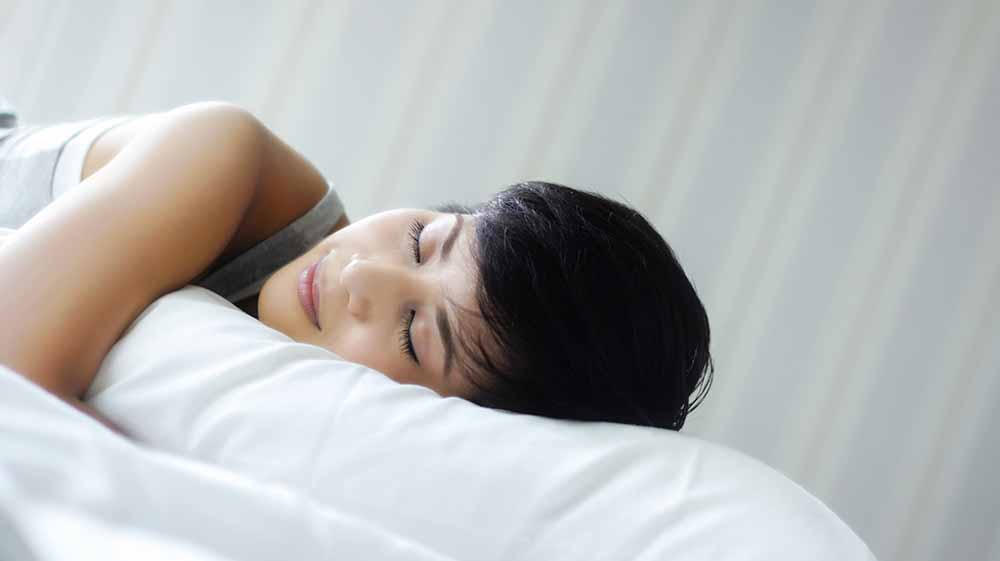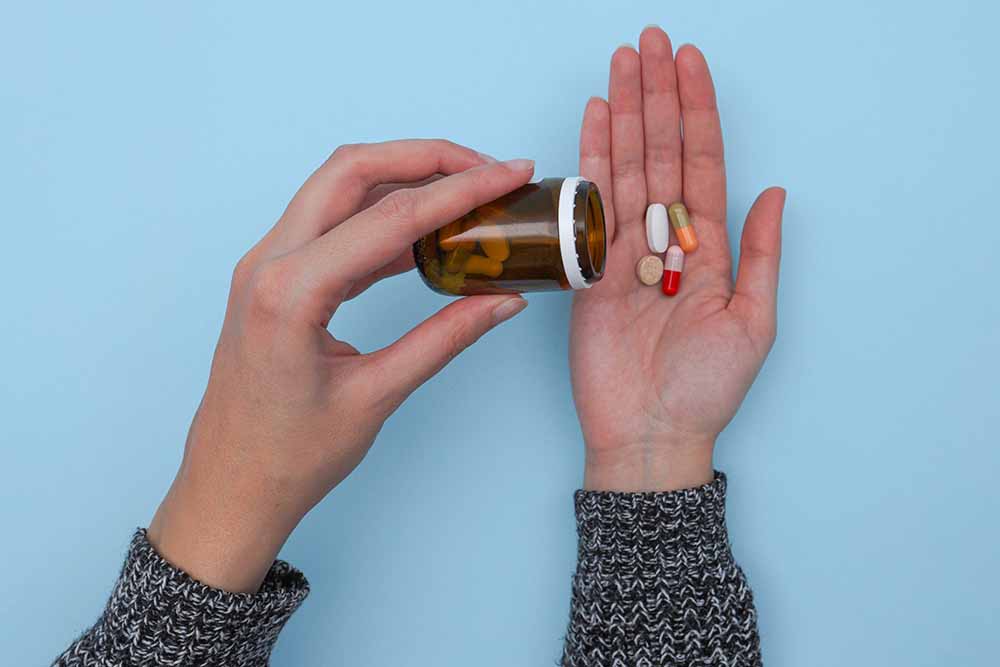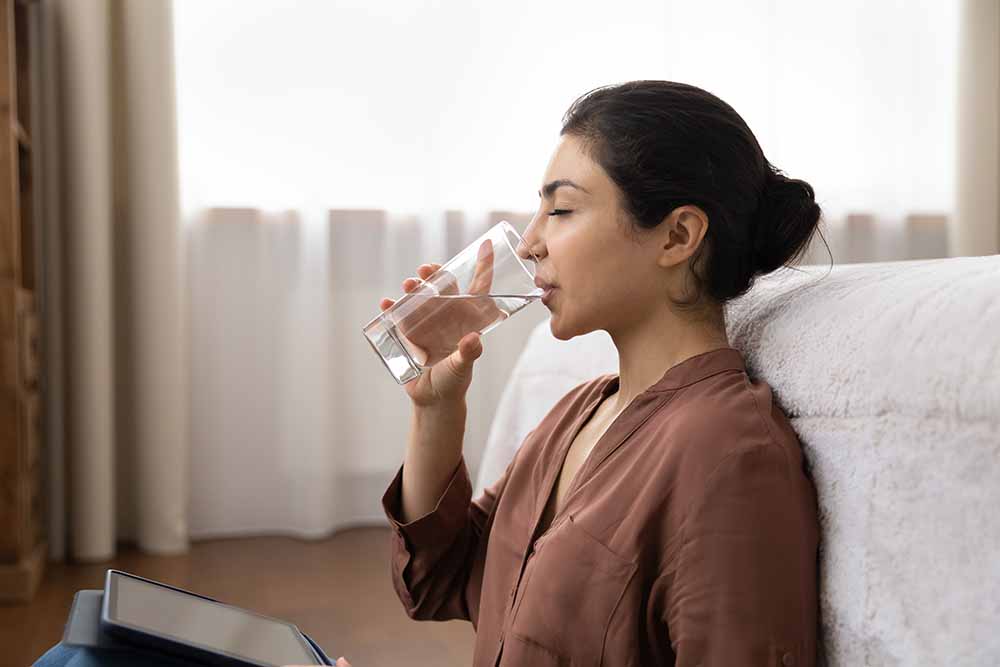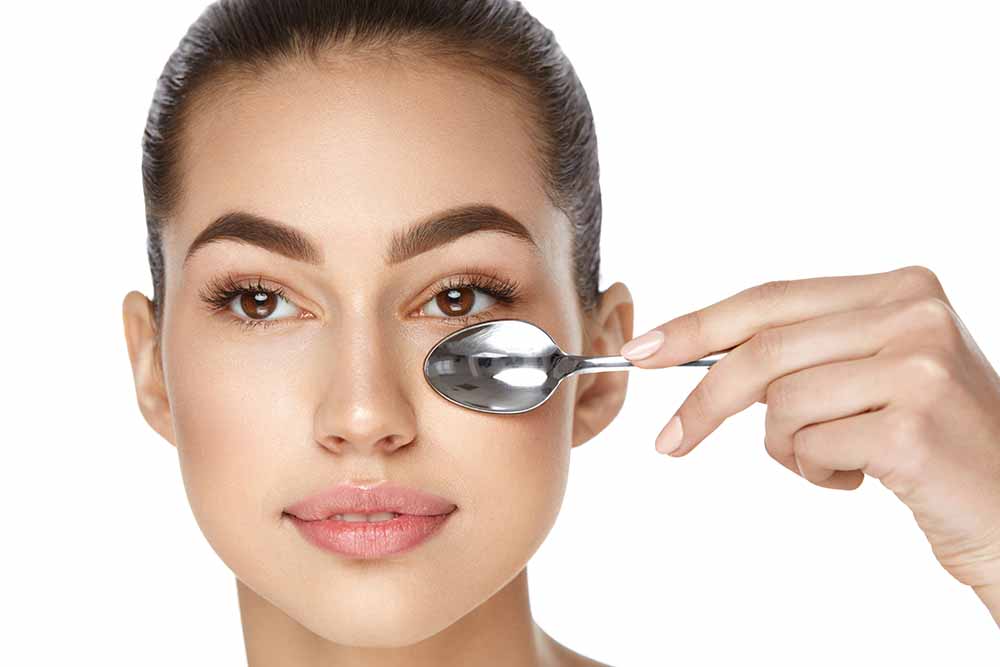If you're a night owl, a meme connoisseur, and you wake up with puffy eyes that look like they've partied all night, don't fret - we get it! Memes have practically become their own food group, right? But, here's the scoop: excessive late-night screen time and a lack of beauty sleep can be a tad harsh on those peepers. So, what's the savvy solution? Well, there are a few puffy eye remedies that can absolutely be lifesavers for those days. So, say goodbye to those "I woke up like this" puffy eyes and hello to a refreshed face! 😎✨
What makes your eyes puffy?
Before finding the remedy to puffy eyes, it’s important you know what causes them. Puffy eyes often result from aging because the skin beneath your eyes is quite thin, making it more susceptible to changes in your body as you get older. As time goes by, the tissues in your eyelids tend to weaken. This can cause the fat from your upper eyelid to move down and accumulate in your lower eyelid. Additionally, with age, you're more prone to retaining fluid, a condition known as oedema. Because the skin around your eyelid is thin, fluid retention can be very noticeable and lead to puffy eyes.
You might notice that your eyes look puffier in the morning. This is often due to oedema (swelling due to fluid retention). As you wake up and blink, you may notice the puffiness gradually diminish.
There are several other factors that can contribute to puffy eyes, including genetics, fluid retention, allergies, excessive sun exposure, lack of sleep, an unhealthy diet, crying, and various health conditions.
In most cases, puffy eyes are not a sign of a serious medical problem. However, it's a good idea to reach out to your doctor if you have:
1. Puffy eyes that persist for a long time.
2. Pain, irritation, or severe swelling around your eyes.
3. Symptoms affecting other parts of your body.
4. These symptoms could indicate an underlying health issue, such as conjunctivitis (pink eye), eyelid inflammation (blepharitis), drooping eyelids (ptosis), cellulitis, dermatitis, or thyroid eye disease. It's important to consult your doctor to rule out any potential health concerns related to your puffy eyes.
How to reduce puffy eyes?

1. Prioritise Adequate Sleep: Ensuring you get a regular 7 to 9 hours of sleep per night can significantly reduce puffy eyes. Establish a consistent bedtime routine by adhering to these recommendations by experts and different studies:
a. Maintain a consistent sleep schedule.
b. Avoid caffeine intake at least 6 hours before bedtime.
c. Refrain from alcohol consumption close to bedtime.
d. Conclude your dinner at least 3 hours before bedtime.
e. Finish exercise several hours before bedtime.
f. Power down electronic devices 1 to 2 hours before sleep.

2. Elevate Your Head: Sleeping with a few pillows under your head can prevent fluid accumulation around your eyes. If using pillows isn't comfortable, consider raising the head of your bed by placing books or a wedge under the bed's feet on the side where your head rests. For a more stable solution, explore bed risers.

3. Manage Allergies: Consult with your healthcare provider if you have year-round or seasonal allergies that cause redness, swelling, and puffiness in your eyes. Your doctor can create a tailored treatment plan, which may include eye drops and over-the-counter or prescription medications.

4. Stay Hydrated: Dehydration can lead to eye puffiness, so ensure you drink an adequate amount of water daily. The general guideline is eight 8-ounce glasses of water each day. Consider using a time-marked water bottle or a refillable bottle marked with specific times to help you stay on track.
5. Limit Alcohol: Reduce or avoid alcohol and other dehydrating beverages to prevent puffy eyes as it dilates the blood vessels around your body.
6. Monitor Salt Intake: Excessive salt consumption can contribute to fluid retention and puffiness. The FDA recommends limiting daily sodium intake to 2,300 milligrams, but the American Heart Association suggests 1,500 mg. It’s better to avoid processed foods, cured meats, cheese, and high-sodium items. Focus on whole foods like fresh vegetables and fruits.
7. Increase Potassium Intake: Potassium helps drain the excessive fluid stored in your blood vessels, reducing puffiness. Boost your potassium intake by incorporating foods like bananas, beans, yogurt, and leafy greens into your diet. Consult your doctor before considering potassium supplements if you already have a potassium-rich diet.

8. Use Cool Compresses: Reduce eye puffiness by placing a cool spoon under and around your eyes or you can also ice around your eyelids for about 10 minutes.
9. Explore Eye Creams: Eye creams Eye creams are a one-stop shop for all your under-eye issues. Since the skin around your eye area is thin and delicate, eye creams are specially developed to help revitalise and nourish them. Look for ingredients like chamomile, cucumber, caffeine, and green tea as they are vasoconstrictors and have a shrinking effect on your under eyes.
10. Consult Your Doctor: If severe eye puffiness persists despite lifestyle changes and remedies, consult your doctor for cosmetic options such as blepharoplasty (eyelid surgery), laser treatments, chemical peels, or prescription medications to address the issue. Your doctor can provide personalized recommendations based on your specific situation.
FAQ’s
1. What is the fastest remedy to reduce under-eye puffiness?
A. Puffiness around your eyes can take a while to settle down, however, if you’re on the run try a cold compress or gently pat a frozen spoon around your eyes to subside the puffiness.
2. What is a natural remedy to reduce undereye puffiness?
A. Green tea bags are one of the best under-eye solutions when it comes to reducing puffiness and dark circles.
B. Can drinking water reduce puffy eyes?
A. Dehydration can often result in the storage of fluid around your eyes, and drinking water is one of the most long-term solutions to reducing puffy eyes.